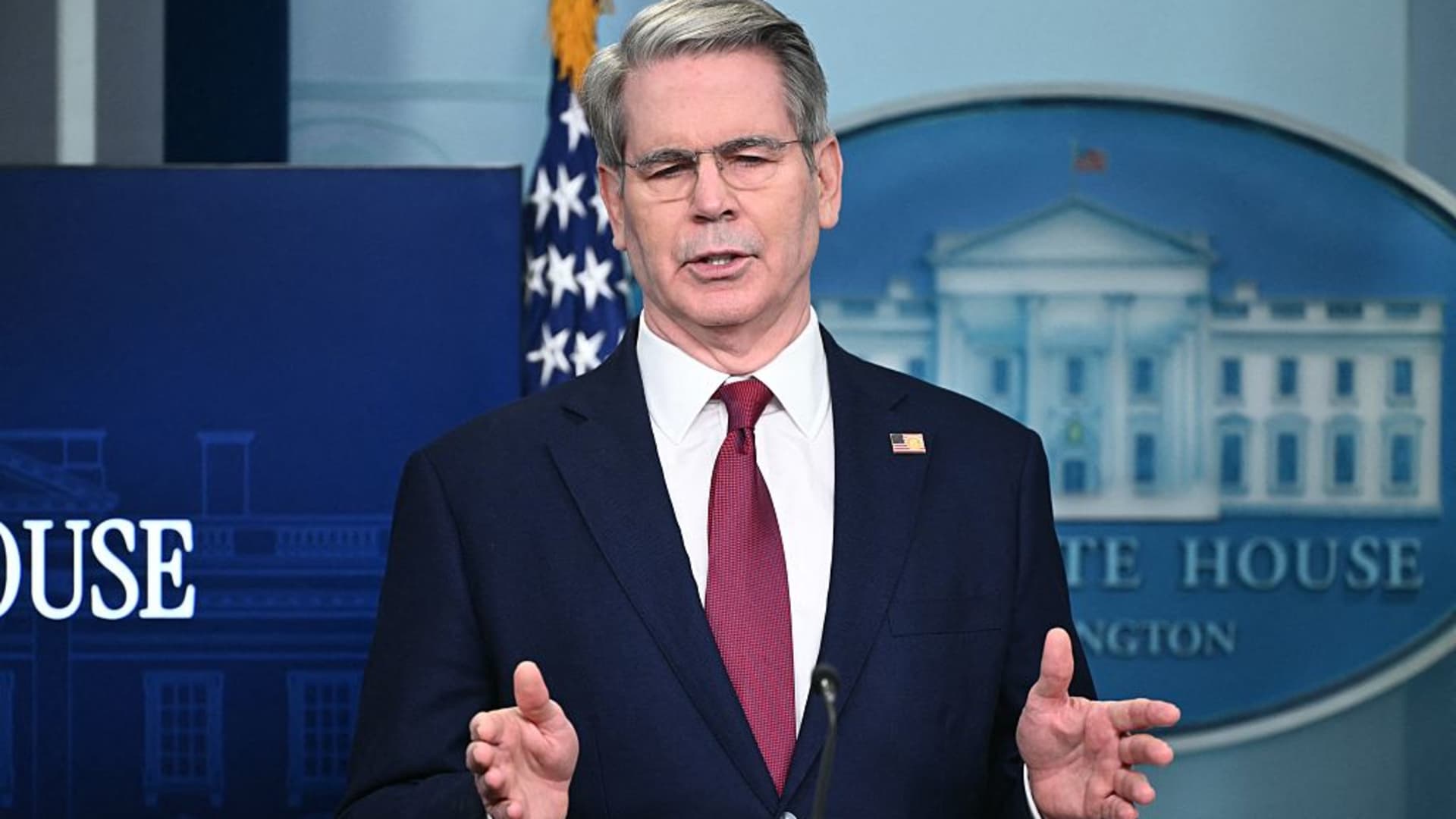“`markdown
The Delicate Balance of US-China Trade Negotiations
Trade discussions between the United States and China have long resembled a high-stakes chess match, where every move carries global repercussions. The latest chapter unfolds in Switzerland, where key officials—Treasury Secretary Scott Bessent and U.S. Trade Representative Jamieson Greer—are set to meet their Chinese counterparts. This encounter could either thaw the icy standoff or deepen the rift, depending on how both nations navigate their conflicting narratives and economic agendas.
Clashing Narratives and Diplomatic Tensions
A striking feature of these negotiations is the stark divergence in public statements. While the Trump administration insists talks are ongoing, China’s Commerce Ministry spokesperson, He Yadong, flatly denies any formal negotiations. This contradiction isn’t merely diplomatic posturing; it reflects the underlying mistrust and strategic maneuvering defining the relationship. For Beijing, acknowledging talks without concessions from Washington risks appearing weak. For the U.S., projecting engagement reinforces Trump’s narrative of “winning” trade deals.
Economic Stakes and Global Ripples
The numbers alone underscore the gravity of the situation:
– $300+ billion in U.S. tariffs on Chinese imports.
– Retaliatory measures by China targeting American agricultural and manufacturing sectors.
These moves have disrupted supply chains, inflated consumer prices, and forced businesses worldwide to recalibrate. The Switzerland meeting offers a rare opportunity to pause this escalation. Notably, Bessent has hinted that China’s economy may buckle under tariff pressure, suggesting Beijing could soon seek compromise. Yet, China’s resilience—and its capacity to absorb short-term pain—complicates this calculus.
The Unseen Players: Informal Envoys
Behind the scenes, informal emissaries may hold the key to progress. These trusted intermediaries, operating outside formal channels, allow both sides to float ideas without political fallout. Their role is critical in bridging gaps before high-level talks, offering a safety net for concessions that might otherwise be untenable domestically. This layered diplomacy—combining public rigidity with private flexibility—could determine whether the Switzerland talks gain traction.
Trump’s Unpredictability and China’s Caution
President Trump’s trade strategy hinges on unpredictability. His public appeals for Xi Jinping to “call him” contrast with aggressive tariff threats, creating a rollercoaster of expectations. China, wary of this volatility, has adopted a wait-and-see approach, demanding the U.S. lift tariffs before substantive talks begin. The Swiss meeting tests whether Trump’s “deal-maker” persona can coexist with Beijing’s preference for structured, incremental diplomacy.
Beyond Bilateralism: The Global Fallout
The trade war’s impact extends far beyond U.S. and Chinese borders:
– Allies and adversaries alike scramble to secure alternative markets.
– Multinational corporations face uncertainty in long-term investments.
– Emerging economies reliant on exports to China or the U.S. suffer collateral damage.
A resolution in Switzerland could stabilize markets; a breakdown might accelerate the fragmentation of global trade into competing blocs.
Switzerland as Neutral Ground
The choice of Switzerland is symbolic. Neutral and discreet, it provides a stage free from the political theater of Washington or Beijing. The agenda likely focuses on incremental wins: agreeing to small tariff rollbacks, resuming purchases of key exports (e.g., U.S. soybeans), or establishing working groups for tech disputes. These “small steps” could rebuild trust eroded by years of tit-for-tat measures.
Key Players and Their Challenges
– Scott Bessent (Treasury Secretary): Must balance Trump’s hardline rhetoric with pragmatic economic realities. His leverage lies in China’s slowing growth but risks overplaying his hand.
– Jamieson Greer (Trade Representative): Brings technical expertise but faces skepticism from Beijing over U.S. consistency.
– Chinese Delegation: Tasked with securing concessions without appearing to capitulate—a delicate act amid domestic nationalist sentiment.
The Road Ahead: Scenarios and Implications
Conclusion: A Defining Moment
The Switzerland meeting isn’t just about tariffs—it’s a litmus test for whether the world’s two largest economies can coexist within a rules-based trading system. For businesses, it’s a signal to prepare for either détente or further disruption. For policymakers, it’s a reminder that diplomacy, not brinkmanship, ultimately sustains economic stability. As Bessent and Greer sit down with their counterparts, one truth remains: in this complex dance, every step counts.
“`











